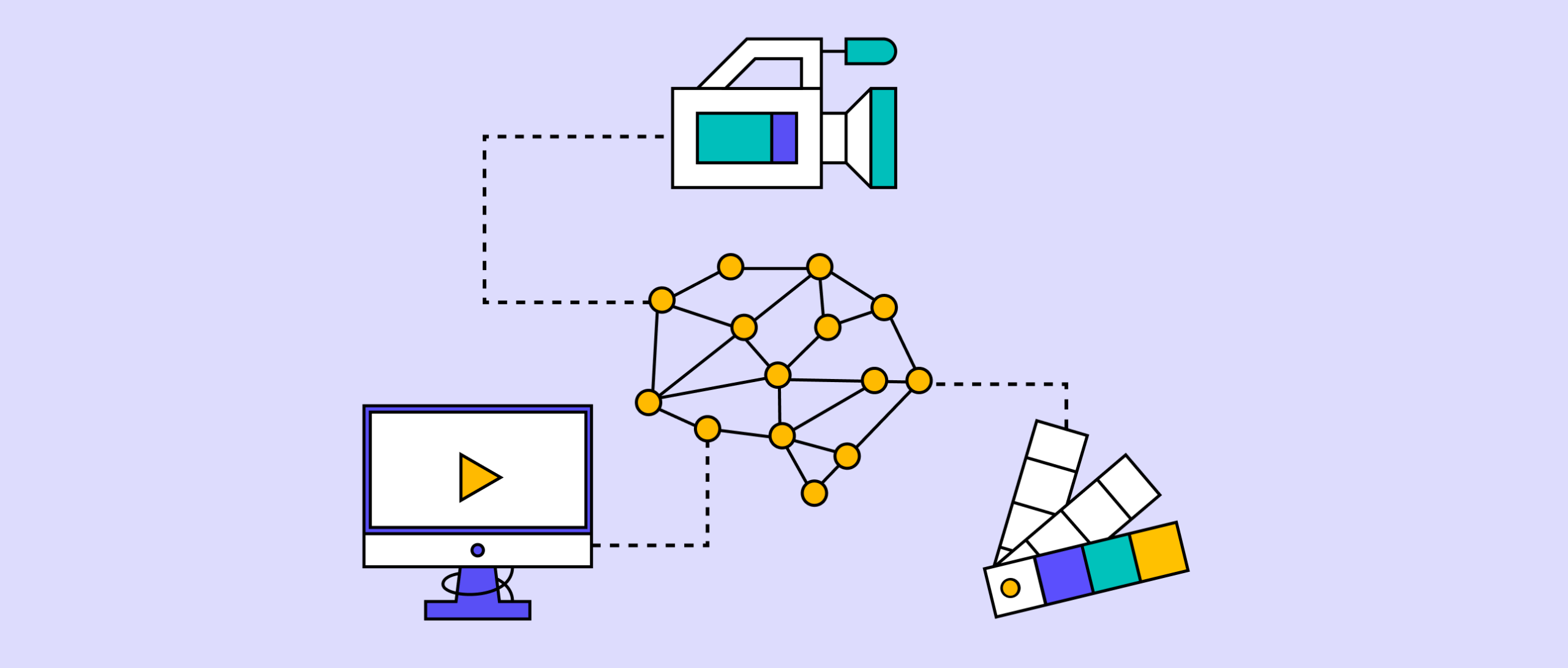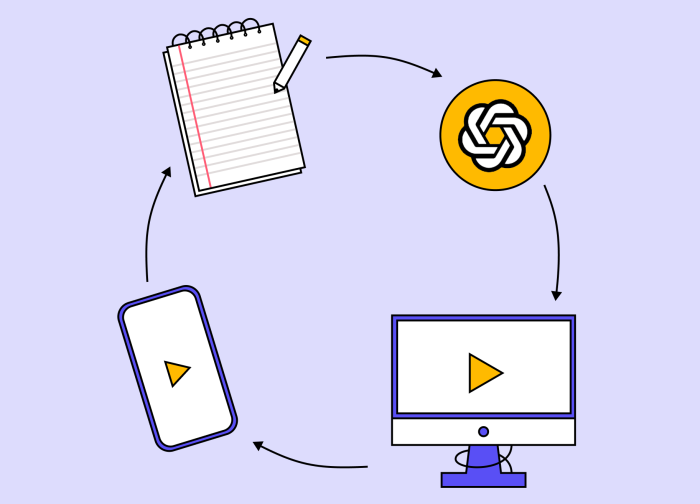Why Event Branding Matters & How to Create Immersive, Sustainable & On-Brand Events
From bold visuals to digital touch-points, effective event branding drives recognition, sparks emotion, and keeps your brand front of mind...

Authored by Nick Forster, Co-Founder, London Filmed
OpenAI’s new generative AI video platform, Sora, is set to revolutionise AI video production, making video creation more accessible for individuals without professional videography and animation skills. The democratisation of videography through AI is useful for processes like editing, content creation, and optimisation; however, AI tools need to be used considerately to have the best effect and preserve brand integrity and authenticity.
For the events industry, the widespread availability of tools like OpenAI Sora could significantly reduce costs and streamline video content creation in some instances. It will be particularly beneficial for businesses and professionals whose budgets don’t allow for outsourced professional video production.
AI video production software is already being used regularly, but it shouldn’t be regarded as a silver bullet for videography and in many cases, can’t do the job of experienced professionals. Professionals should focus on learning how and when to use AI video tools effectively to enhance their workflow and maintain brand integrity and consistency.
The rise of AI video editing software presents significant opportunities for brands looking to expand their marketing video content. AI-driven tools help professionals by:
Professionals are also already using other AI platforms to create static and video content that can be reworked for their projects. This has been most clearly evidenced in Coca-Cola’s 2024 Christmas ad which clearly displayed that AI had been used but was also edited and improved by a team of professionals. This hybrid approach demonstrates how AI can complement human creativity rather than replace it.
AI video generation also allows for enhanced personalisation through interactive content creation and VR experiences. This is particularly noticeable for marketing and events professionals given that 64% of event attendees say immersive experiences are the most important event experience element.
For marketing and events, extending access to video production software like Sora will make AI use more commonplace across the industry, but it will also offer new opportunities that professionals can take advantage of.
Despite its benefits, AI video generation still faces limitations. Current AI-generated visuals often have a distinct style that isn’t widely well-received by general consumers. Without detailed prompts and an understanding of how best to use the platform, AI-generated marketing videos risk looking generic, which poses a risk to the brand’s voice and authenticity.
Being able to create video footage from text-based prompts is hugely valuable, but many people will have a specific vision in mind and emotive response that the technology may not be able to accurately produce. Without the proper skills to use it, software like Sora could introduce content with less thought, creativity, and emotional resonance than consumers expect.
Another concern is the ethical implications of AI video software. OpenAI has not fully disclosed what training data was used for Sora, though speculation suggests influences from Minecraft videos, Twitch streams, and other copyrighted content. While OpenAI has implemented safeguards, businesses should remain cautious about potential copyright risks when using AI-generated video content.
With AI video production software advancing rapidly, 2025 will likely see increased adoption across marketing and events to improve video marketing content or generate new event video content. Innovations such as realistic AI-generated avatars and fully automated editing tools will continue to reshape the industry. However, over-reliance on AI could lead to brand challenges—as seen with AI-generated images that have been criticised for lacking originality and personality.
That said, behind-the-scenes AI tools that assist with intuitive footage editing, video enhancement, and content personalisation are more widely accepted. Many businesses have already embraced AI, with 43% of businesses reporting that AI tools have replaced traditional video production processes. As AI integration grows, professionals must stay informed and adapt their strategies to remain competitive.
The introduction of OpenAI Sora and similar AI video tools will bring both opportunities and challenges for marketing and event professionals. The key to success lies in understanding when and how to use AI without compromising creativity and brand identity. AI is not here to replace human event videographers but to serve as a powerful tool that enhances video production efficiency and accessibility.
By leveraging AI for video editing, content optimisation, and immersive experiences, professionals can stay ahead in the evolving landscape of AI-driven marketing, and event video production.
or
Designed and built by ONQOR.
